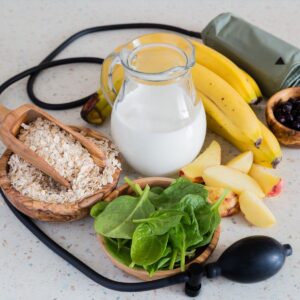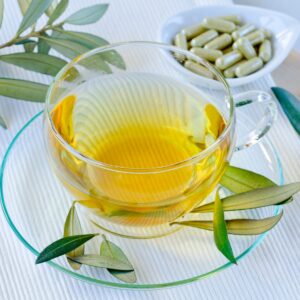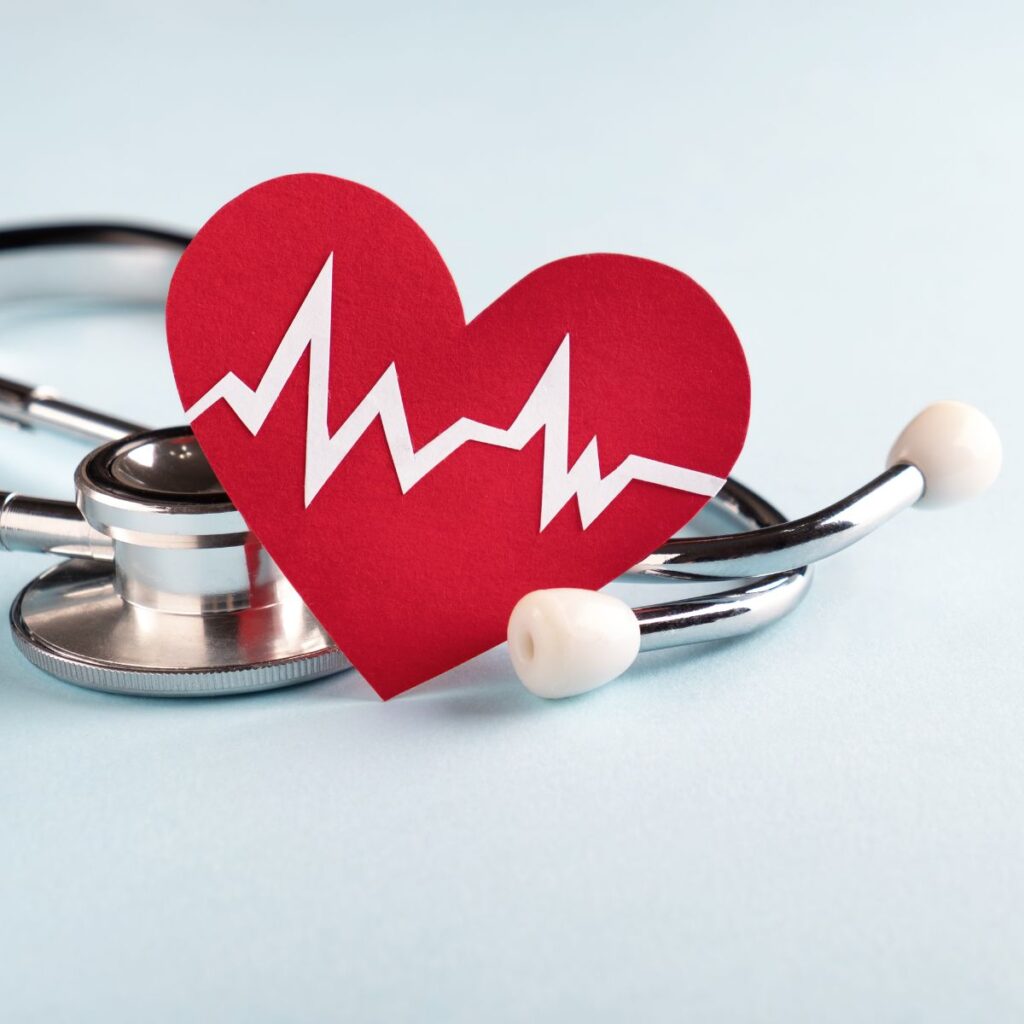Blog
How to Control High Blood Pressure Naturally : Beyond the Numbers
When most people think of high blood pressure, their focus goes straight to the numbers—120/80 mmHg as the standard baseline, and anything above 130/80 mmHg considered elevated. Yet hypertension is more than numbers; it reflects underlying shifts in how the body is functioning.
Conventional medicine often attributes it mainly to genetics, but a functional medicine perspective explores further. Genes may increase susceptibility, but they typically act in response to lifestyle choices, nutrition, stress, and environmental exposures. By addressing these root influences, it becomes possible to bring the system back into balance and support cardiovascular health over time.
How to Measure Blood Pressure Accurately

Before talking about causes and treatments, it’s essential to measure blood pressure correctly. Many people rely solely on clinic readings, but stress can skew results.
Preparing for an accurate reading
- Skip coffee, smoking, or exercise for at least half an hour before checking your pressure.
- Make sure your bladder is empty, then sit quietly and relax for about five minutes.
Correct positioning
- Sit upright with your back supported and both feet resting flat on the ground.
- Keep your arm relaxed on a table so the cuff is level with your heart.
- Place the cuff roughly one finger’s width above the elbow, with your palm open and facing upward.
Root Causes of High Blood Pressure
Instead of suppressing symptoms, what we need to ask is, why is the pressure rising? Common hidden drivers include:
- Insulin resistance & metabolic syndrome: Promote chronic inflammation and vascular stiffness.
- Gut dysfunction (SIBO, candida, IBS, leaky gut): Impairs absorption of magnesium and potassium while triggering toxic burden, leading to vessel constriction.
- Chronic cortisol elevation: Stress hormones keep blood vessels tight.
- Heavy metal accumulation: Mercury and lead are known vascular stressors.
- Medications & stimulants: NSAIDs (ibuprofen), oral contraceptives, antidepressants, steroids, caffeine, nicotine, and even some herbal supplements (like licorice root) can elevate blood pressure.
Natural Strategies to Lower Blood Pressure
Functional medicine focuses on restoring balance rather than relying only on medication. Here are science-backed, natural ways to lower blood pressure safely:
1. Nutrition—Food as Medicine

A Mediterranean-style diet rich in vegetables, fruits, whole grains, legumes, olive oil, and lean proteins has been shown to reduce systolic blood pressure by up to 8 mmHg.
- Choose potassium- and magnesium-rich foods like papaya, banana, pumpkin, avocado, broccoli, and almonds.
- Replace processed foods with home-cooked, whole meals.
- Swap refined salt with Himalayan or sea salt (in moderation).
- Reduce sugary drinks and refined carbs to improve insulin sensitivity.
2. Exercise for Heart Health
Research shows that 150 minutes of moderate activity per week (brisk walking, swimming, cycling) can lower systolic blood pressure by 5–8 mmHg. Strength training adds extra benefit by improving insulin sensitivity and vascular health.
3. Stress & Sleep Management
Chronic stress raises cortisol, fueling hypertension. Daily relaxation rituals, meditation, or adaptogenic herbs like ashwagandha can help regulate cortisol.
Sleep disorders such as apnea are strongly linked to high blood pressure. Prioritizing deep, restorative sleep is just as important as diet and exercise.
4. Herbal & Natural Remedies

- Garlic, hibiscus tea, cinnamon, and fenugreek help improve vascular function and support insulin sensitivity.
- Olive leaf and astragalus act as natural hypotensives.
- Dandelion leaf and celery support gentle diuresis.
- Chamomile, passionflower, and valerian calm the nervous system, indirectly reducing pressure.
(Note: Licorice should be avoided in hypertension, as it raises blood pressure.)
Supplements That Support Healthy Blood Pressure
When chosen appropriately, supplements can make a big difference:
- Magnesium citrate (500 mg daily): Relaxes blood vessels.
- Potassium (K+2, one tablet daily): Supports electrolyte balance.
- Omega-3 fatty acids: Anti-inflammatory, protect vessels.
- CoQ10 (100 mg daily): Improves mitochondrial energy and vascular health.
- Probiotics (only after addressing bloating, SIBO, or candida): Support gut integrity, lowering inflammation.
- Antioxidants (Vitamin C, Vitamin E): Reduce oxidative stress on arteries.
Final Thoughts
High blood pressure is not a lifelong sentence—it’s a signal that your body is out of balance. By addressing the root causes—from insulin resistance and gut health to stress and toxin load—the natural strategies listed above offer a roadmap to lasting cardiovascular wellness.
Instead of just lowering the numbers, the goal is to restore harmony across systems, empowering you to live with a stronger heart, sharper mind, and longer health span.
If you’re ready to take control of your health and reverse conditions like high blood pressure, obesity, and insulin resistance,
Follow the link below and subscribe to Dr. Fajer’s Complete Metabolic Healing Protocol—a step-by-step plan to restore your metabolic health from the root:
If you need more details about step-by-step strategies to manage blood pressure, watch this full video below on Dr. Fajer’s YouTube channel:

